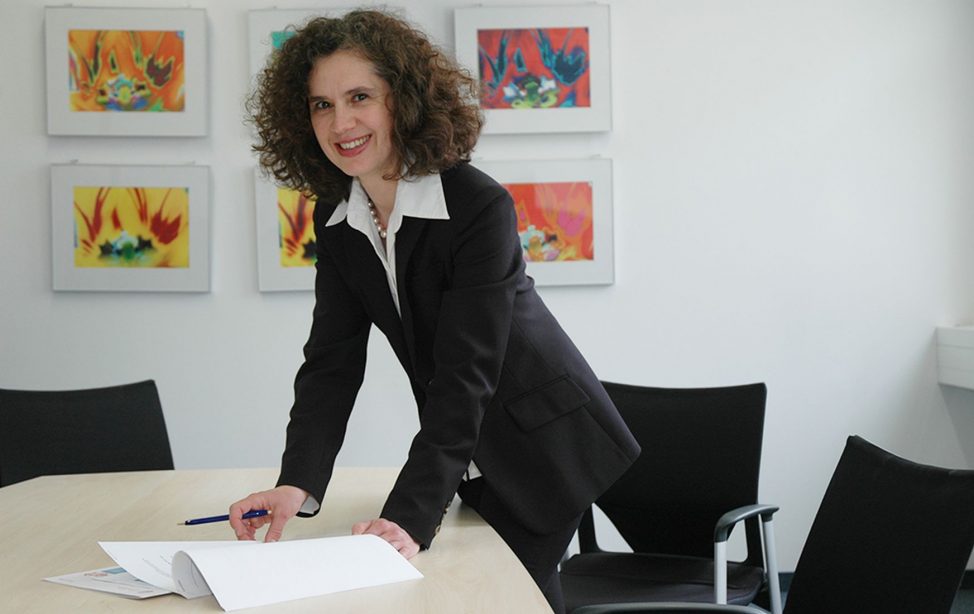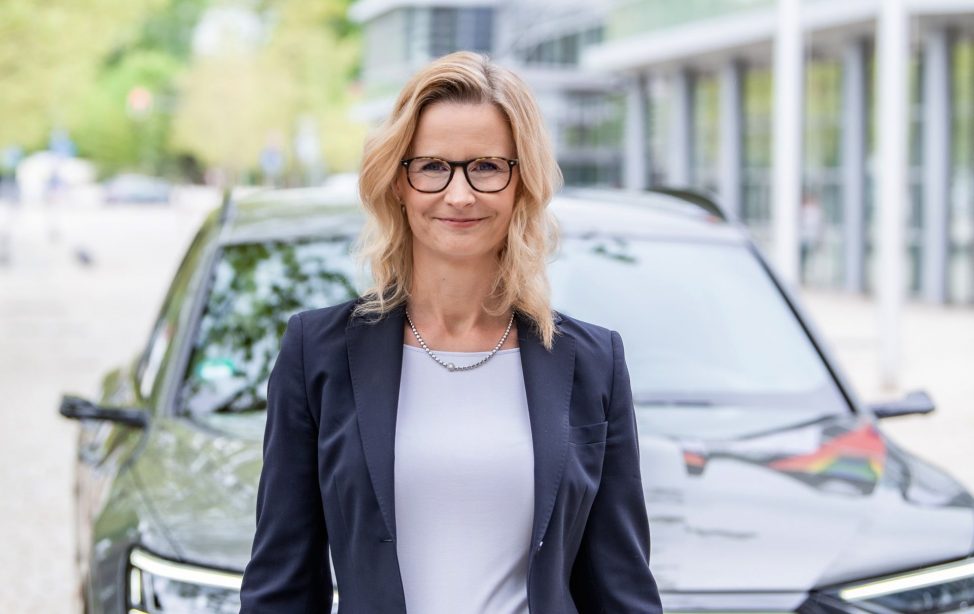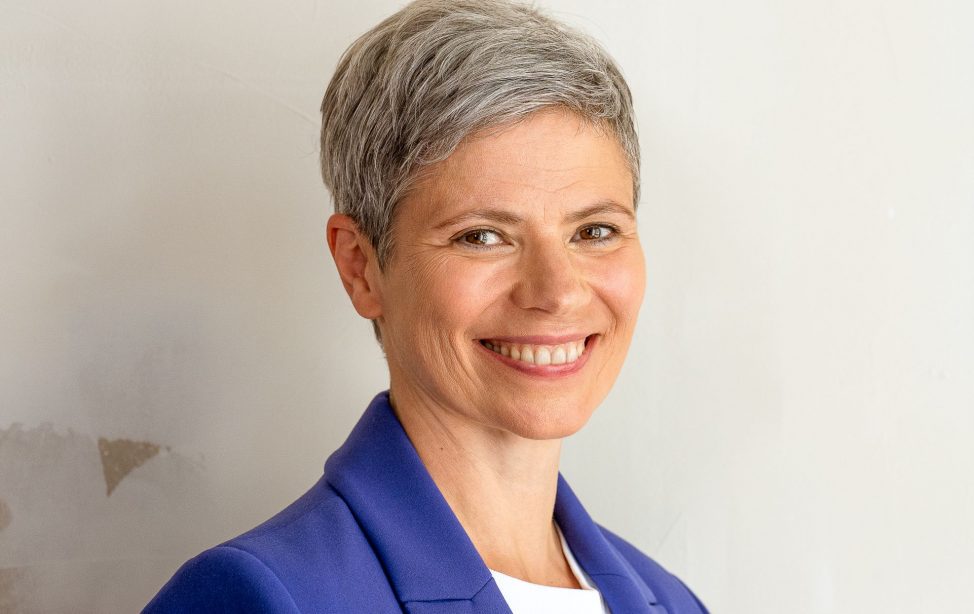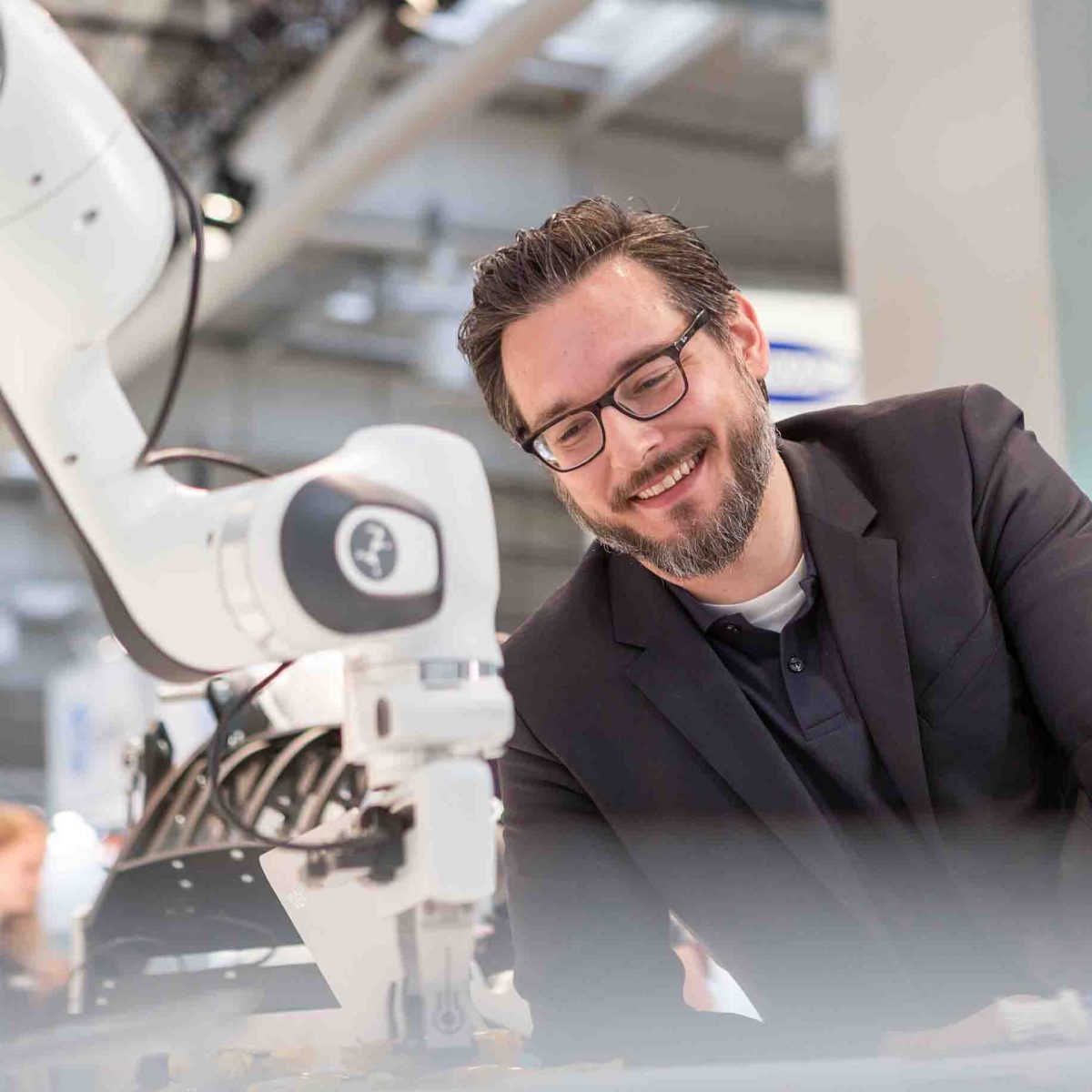
Together wis his team Sami Haddadin managed to land the decisive breakthrough in their field: the development of a sensitive, intuitively usable and affordable robot. (Image: Franka Emika GmbH).
Like this Sami Haddadin stumbled right into studying electrical engineering (“My mother just registered me”), later on he added informatics and soon realized: the fascination for robotics and artificial intelligence is not going away. After 15 years of extensive research he and his team managed to land the decisive breakthrough in their field: the development of a sensitive, intuitively usable and affordable robot.
Creating artificial intelligence is about much more than just pure technique.
Sami Haddadin is continuously driven by the question how to create technology, which is useful and makes humans’ lives easier. “For me, robots are intelligent toolboxes for people. They support and add to humans but will never replace them.” Many elite universities pitched for the successful researcher, known for his holistic approach – such as Stanford and the Massachusetts Institute of Technology.
Sami Haddadins decided for TUM. For good reasons: „In the conversations with the board I had the impression that TUM’s interest is the promotion of the topic in an integrated way. I have strong roots in Munich and know that I will find ideal conditions here. Possibly the best in the world.” His vision is to strengthen the already successful and internationally recognized Munich research in robotics even more. “We could become a beacon for the entire topic”, he believes. Winning the Deutscher Zukunftspreis 2017 confirmed his decision to stay in Germany and not be tempted by America. “I perceive it also as an acknowledgment of and statement for what we are trying to do, namely creating solutions for the society we live in. In our own country. Just like digitalization in the Silicon Valley, Robotics and Artificial Intelligence could be strongly rooted here in Germany.” We are a country of progressive thinkers and do not have to be afraid of other rising nations, Haddadin thinks. Furthermore: “If we further develop our strengths, keep cooperating openly and create exchange, we can accomplish something great here.”
In just a few years robotics will shape our everyday lives
Robotics and artificial intelligence will decisively shape our future, Sami Haddadin is sure of that. Already, robots are not just being deployed in big industries, but increasingly reach the middle classes. This development is decisively driven by the more affordable robots of Haddadin and his team. According to the expert, machines could be playing a supporting role in the nursing and care sector. “Robot assistants could support older people in various ways: in their daily hygiene, in picking up items of cooking simple meals, and they could also be utilized for telemedicine. This way, people would be able to live longer and autonomously in their familiar environment – which is nicer for themselves and also good for our overburdened care system”, the researcher thinks. “But what is important to begin with is to make robotics a social concern. We also need to inform the system, such as health insurances and insurance companies, about how it works.”
Household aid and service robotics – such as loading the dish washer – Sami Haddadin furthermore sees entering into our everyday lives in the foreseeable future. According to the researcher “what will be crucial here, is that the democratization effect takes place – that means robots can be operated and afforded by everyone”. And that the humans, that ought to be helped by the robots, will be taken on board, as well. The scientist is aware that “it will be an important task for us to take existing fears seriously and to counter them by providing information and first hand experience.” This is why he founded the so-called Robot Factory, which serves as a meeting point. “Pupils, students, vocational students and apprentices come here. My goal is that they already learn in school how to use this tool in a sensible and responsible manner. It is usable technology, which has meaning and purpose”, says Haddadin. If this social acceptance can be achieved he sees a great future for robotics: “I am convinced that this kind of robotics will take hold, just like computers and the smartphones have.”
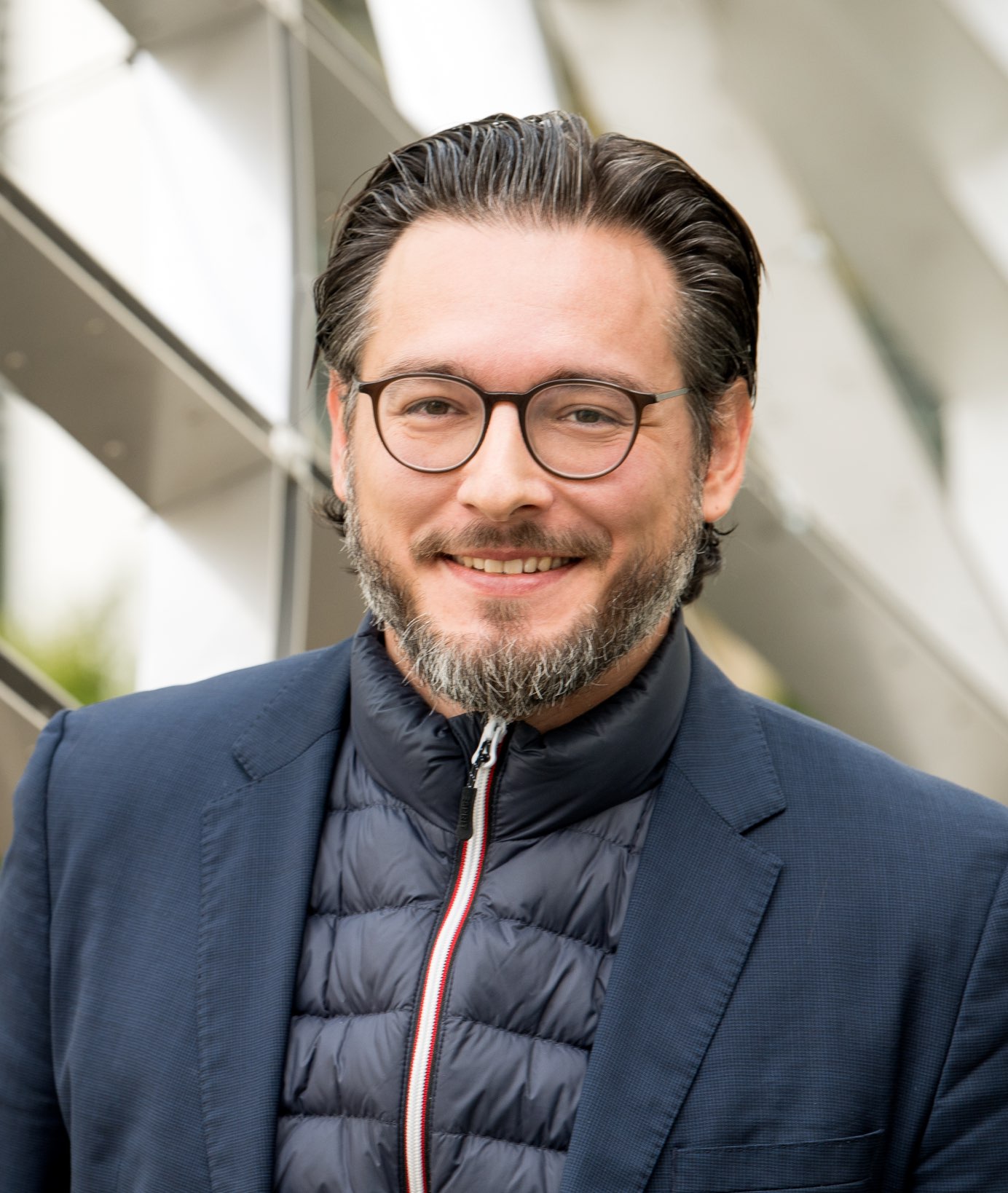
Sami Haddadin (Image: Astrid Eckert/TUM)
Diplom Electrical and Computer Engineering 2005, Master of Informatics 2009
Prof. Sami Haddadin is Director of the Munich School of Robotics and Machine Intelligence at TUM and holds the Chair of Robotics and System Intelligence. His research interests include robot design and control, robot learning, collective intelligence, human-robot interaction, embodied AI, human neuromechanics, intelligent prosthetics and robot safety.
Prof. Haddadin was Chair of the Institute of Automatic Control at Gottfried Wilhelm Leibniz Universität Hannover from 2014 to 2018. Prior to that, he held various positions as a researcher at DLR.
Prof. Haddadin is the founder of Franka Emika GmbH. During his time as at DLR, he played a major role in the development of the lightweight robot technology, which became the KUKA LBR iiwa in technology transfer.
He has published more than 200 scientific articles in international journals and conferences. He has received numerous awards for his scientific work, including the German Future Prize of the Federal President (2017) and the Leibniz Prize (2019).
